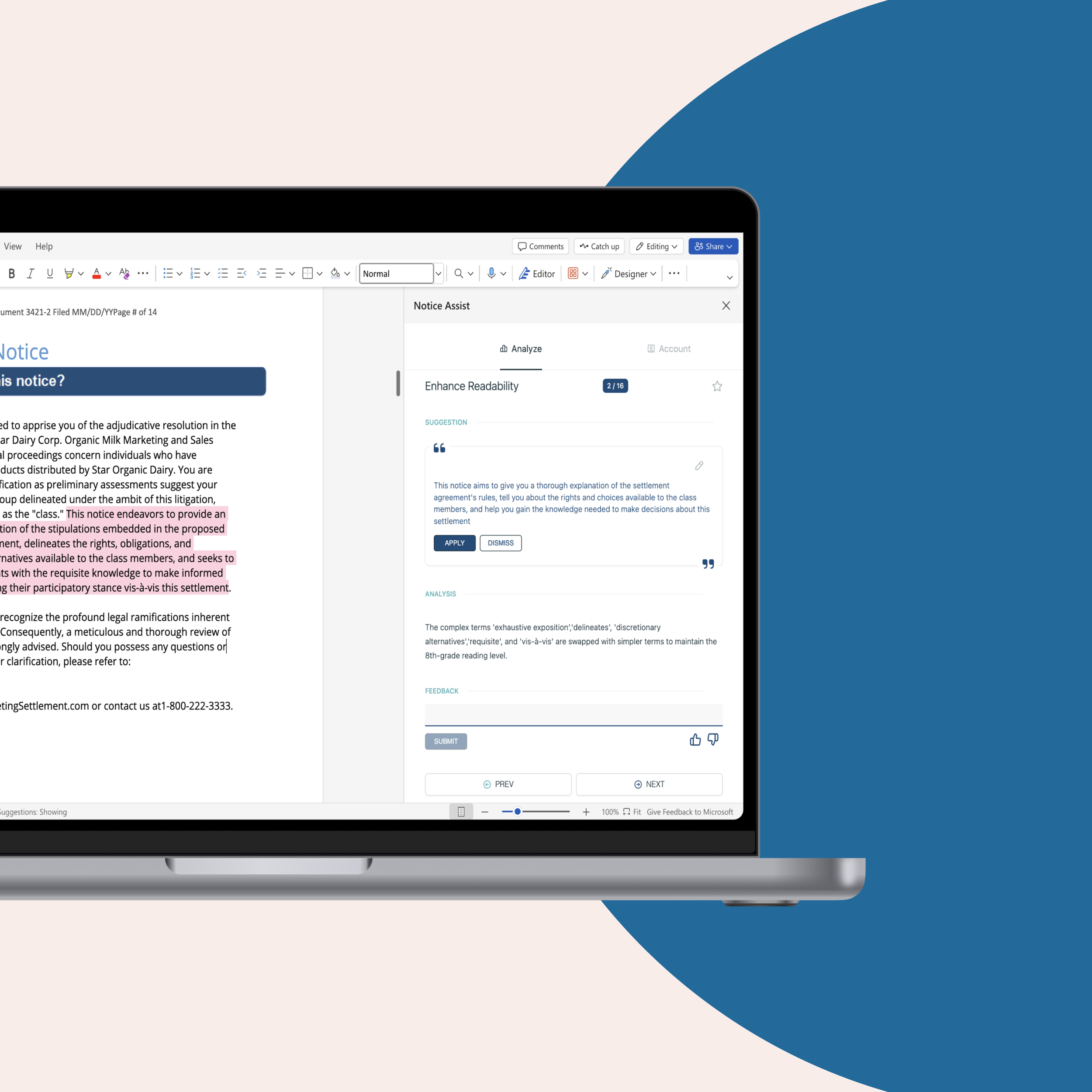Economic Justice: Resisting Zombie Claims by SSA
Impact Fund and Allies File Amicus Brief on Mootness Question in SSA Overpayment Case
Lindsay Nako, Impact Fund director of Litigation & Training
Imagine receiving a notice from the IRS that your long-awaited tax refund has been withheld by the Social Security Administration (“SSA”) because you were once paid Social Security benefits and SSA has identified a benefit overpayment that occurred over a decade ago — or one of your parents was once paid Social Security benefits on your behalf over a decade ago and SSA identified an overpayment. If the withheld amount was $2,100, would you go out and find an attorney to represent you in an individual case against the SSA? This is the issue at the core of Hart v. Colvin, currently pending in the Fourth Circuit. The court will review SSA’s ability to unilaterally moot the individual claims of putative class representatives and deny them the ability to pursue class actions and class-wide relief.
In 2011, SSA amended its regulations to eliminate a ten-year statute of limitation for collecting benefit overpayments. Between 2012 and 2014, SSA referred more than 250,000 individuals with alleged benefit overpayments that were ten years old or older to the Treasury Department for withholding of federal tax refunds. The average value of the overpayments was approximately $2,100.
Plaintiff Mary Grice filed a lawsuit challenging a series of failures in SSA’s notification and review process, including lack of adequate notice of overpayments, a practice of collecting overpayments from those other than the actual recipients of Social Security benefit payments, and failure to provide explanation or evidence supporting the alleged overpayments. Ms. Grice amended the complaint to add class claims and additional plaintiffs (including Denise Hart) and the plaintiffs filed an early motion for class certification (which was stayed to allow discovery).
During the early stages of litigation, SSA returned the plaintiffs’ withheld tax refunds and filed a motion to dismiss. The district court denied the motion to dismiss because the overpayment itself had not been forgiven. SSA then waived the alleged overpayments and filed a second motion to dismiss. This time, the district court granted the motion, denied Plaintiffs’ motion for class certification, and dismissed the case without prejudice.
On appeal, Ms. Hart and her co-plaintiffs argue that SSA should not be permitted to moot representative plaintiffs’ individual or class claims by unilateral action, thus avoiding judicial inquiry into ongoing policies and practices and eliminating the possibility of court-awarded injunctive or declaratory relief. On June 24, Impact Fund, Justice in Aging, the Civil Rights Education and Enforcement Center (CREEC), and twelve other non-profit legal groups filed an amicus brief to emphasize the economic vulnerability of those affected by SSA’s ongoing policies and practices, and the importance of preserving access to class actions as a way to address these issues in a systemic fashion. We argued, “By simply waiving or withdrawing its claims for overpayments when confronted with class action litigation, SSA and other similarly situated defendants can continue unconscionable behavior without the threat of class action challenges.” In addition, because many benefit recipients have limited resources and the amount at issue is relatively small, it is unlikely that class members will pursue individual cases, leaving SSA free to continue the challenged practices without the threat of judicial review.
Oiling the squeaky wheel should never erase the responsibility of our government to treat all of us fairly. This is at the heart of why we’re grateful to stand with our allies in shining a light on this practice that hurts those least able to fight back.
Impact Fund, Justice in Aging, and CREEC were joined by AARP/AARP Foundation, The Arc of the United States, Disability Rights Advocates, Disability Rights California, Disability Rights Education & Defense Fund, Disability Rights North Carolina, the Judge David L. Bazelon Center for Mental Health Law, Legal Aid Society – Employment Law Center, Maryland Disability Law Center, Inc., National Association of the Deaf, National Federation of the Blind, and Protection and Advocacy for People with Disabilities, Inc.
Plaintiffs are represented by Robert L. Vogel of Vogel, Slade & Goldstein, LLP; Andrew N. Friedman and Agnieszka M. Fryszman of Cohen Milstein Sellers & Toll, PLLC; and Steven A. Skalet of Mehri & Skalet, PLLC.











